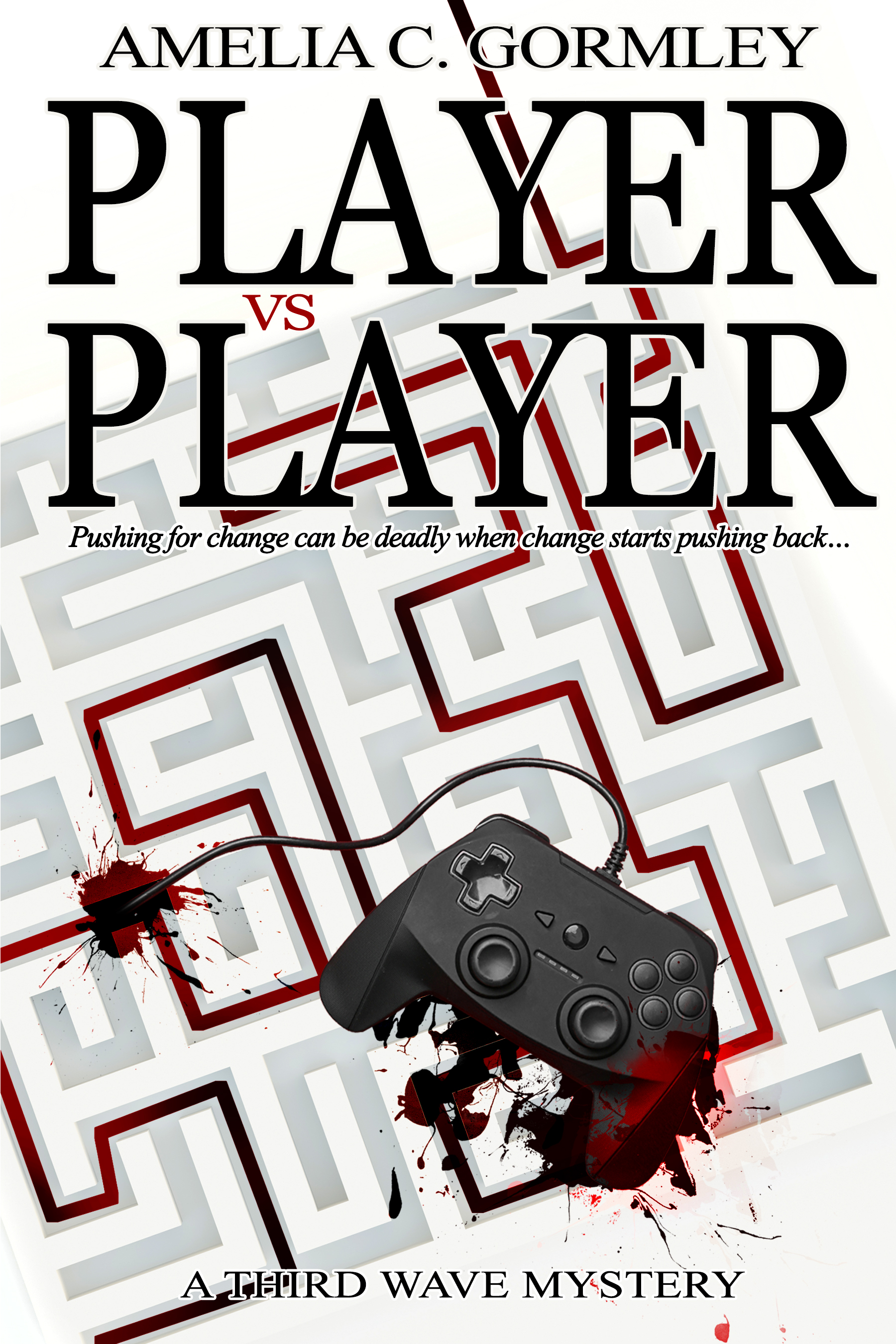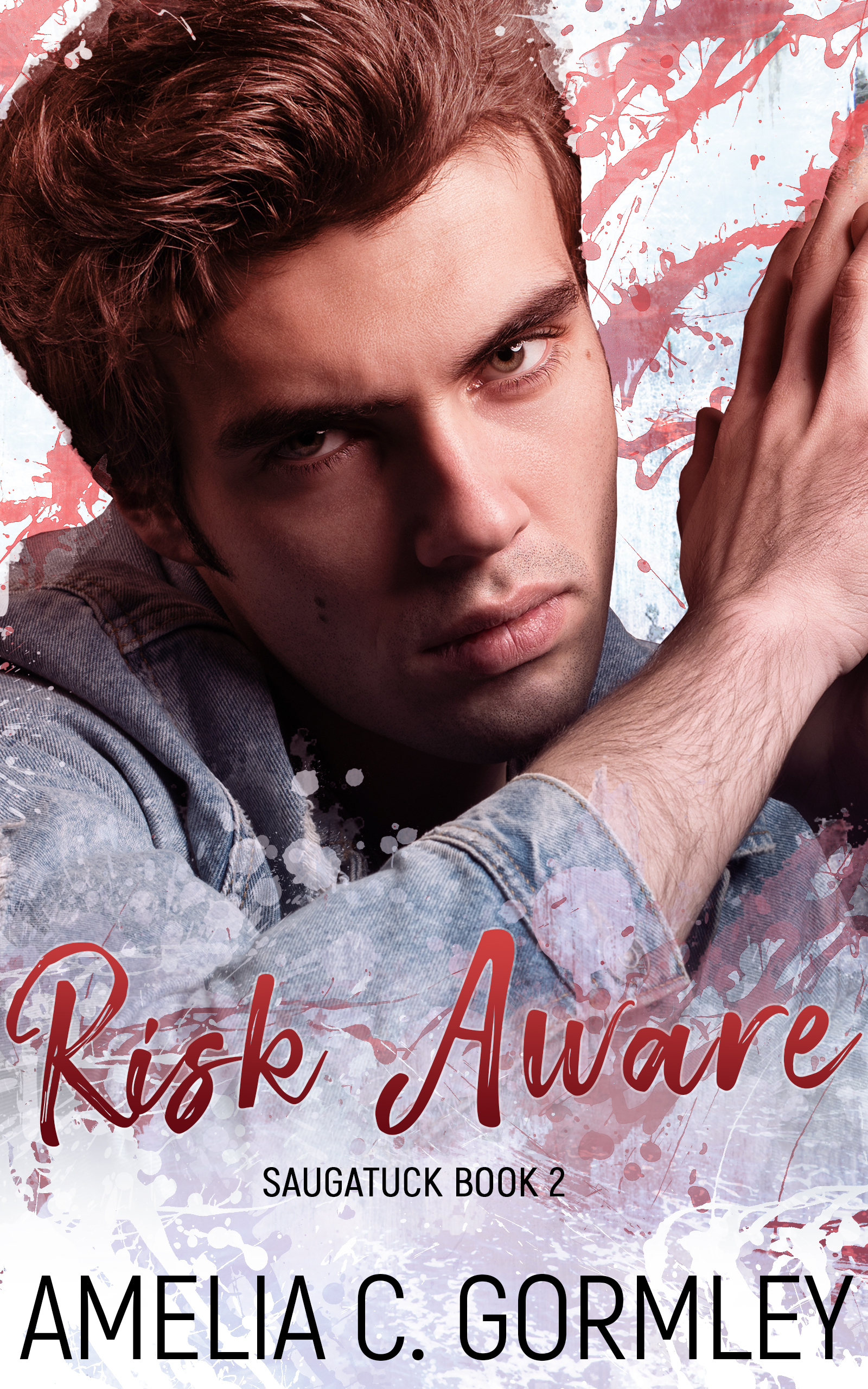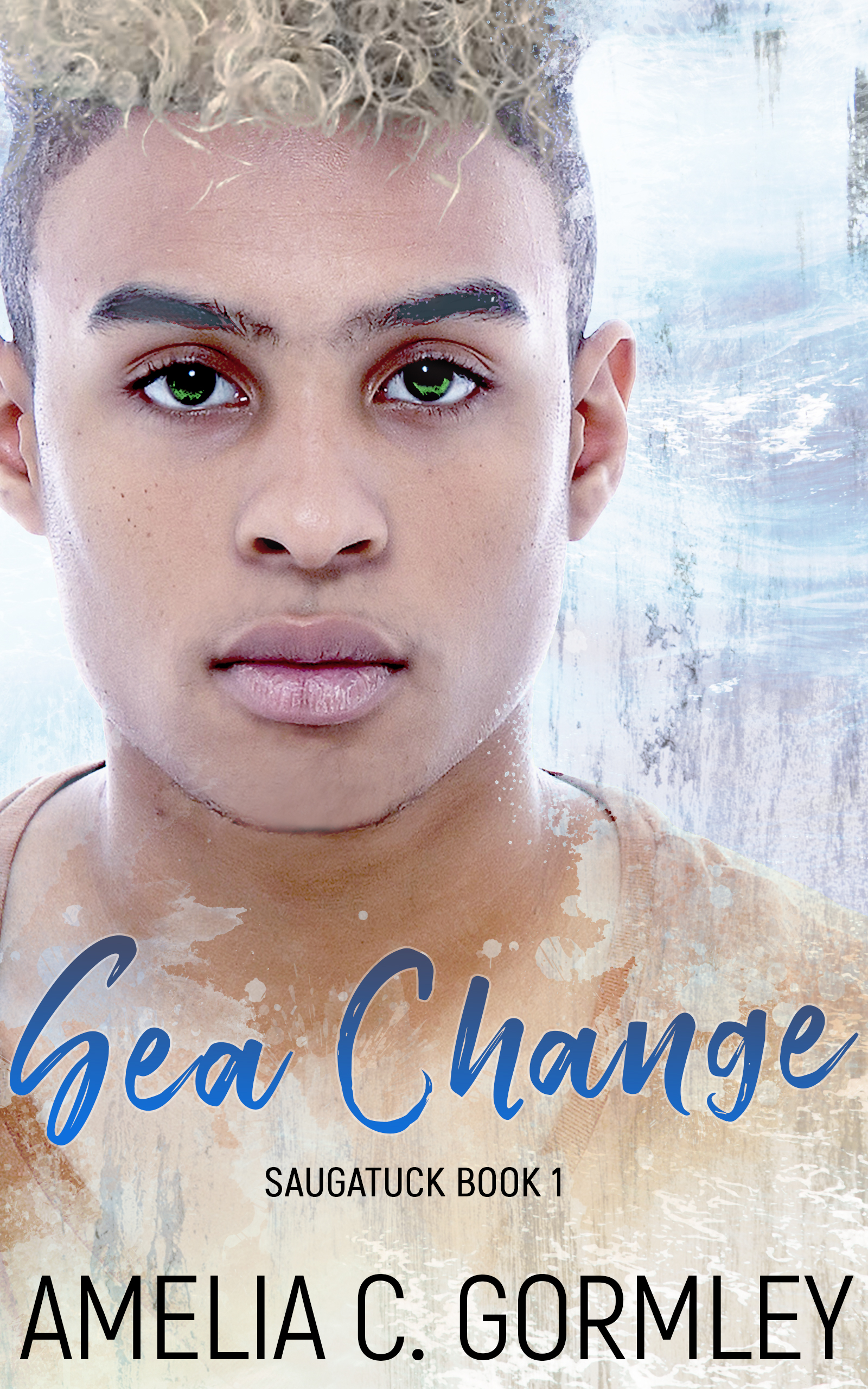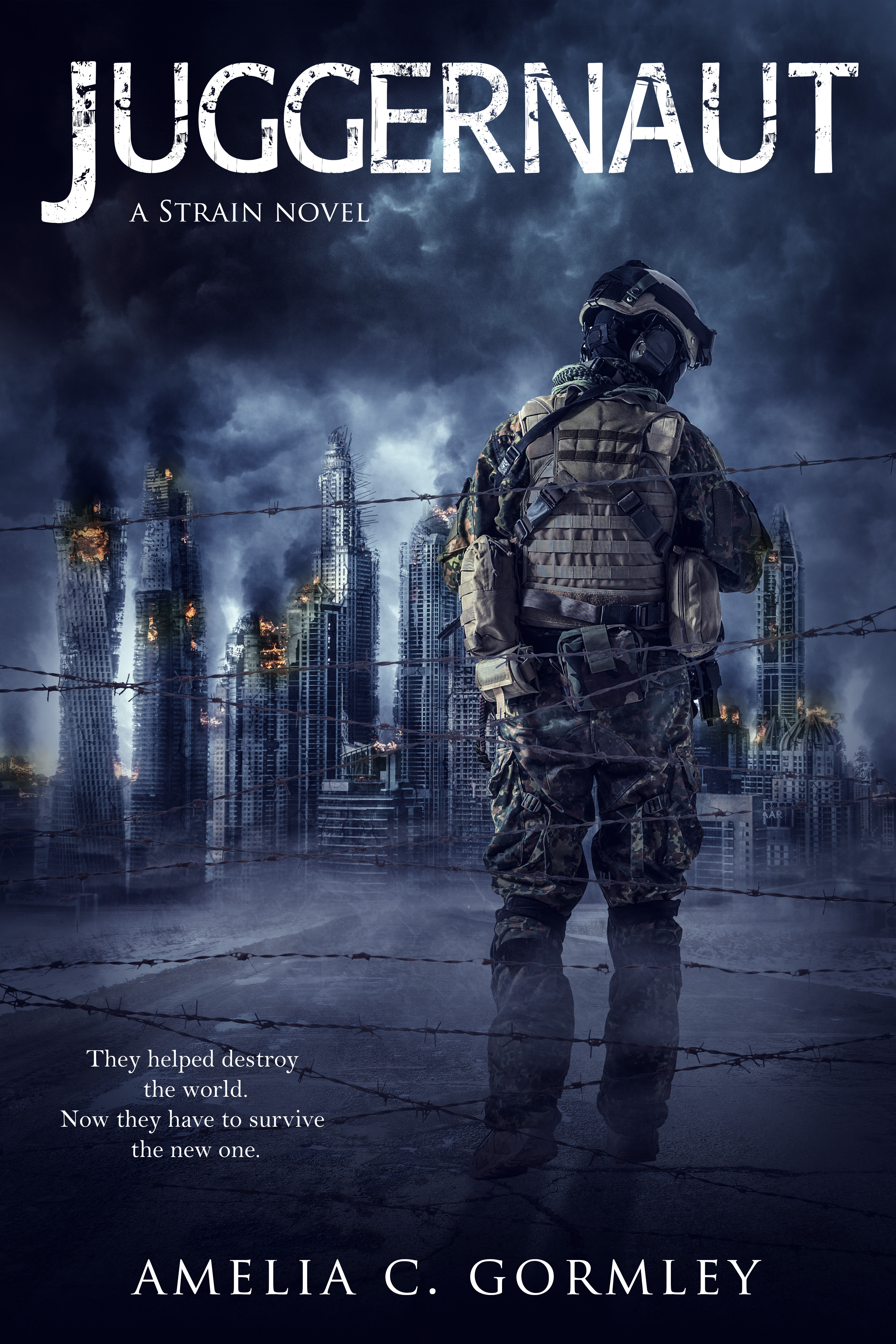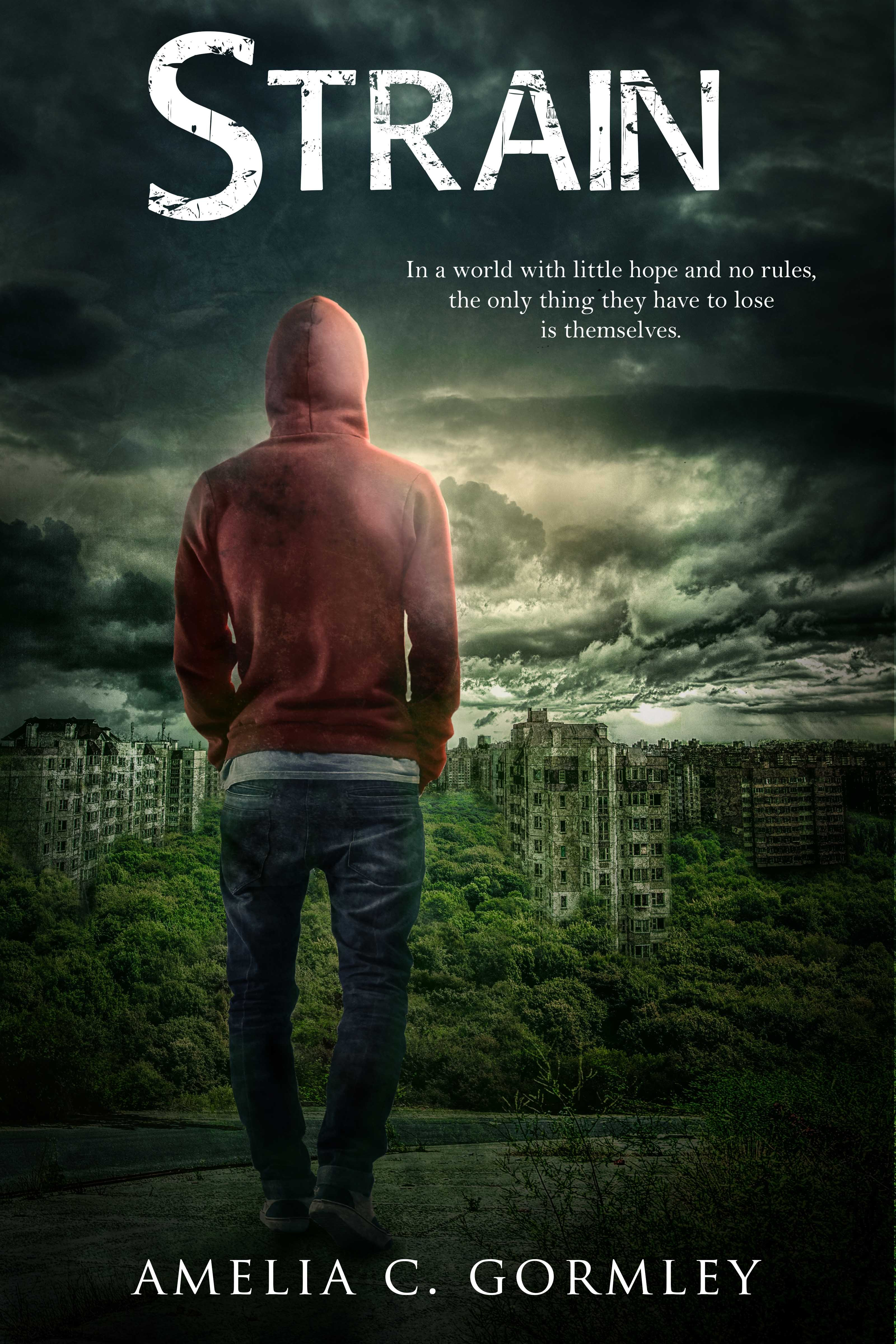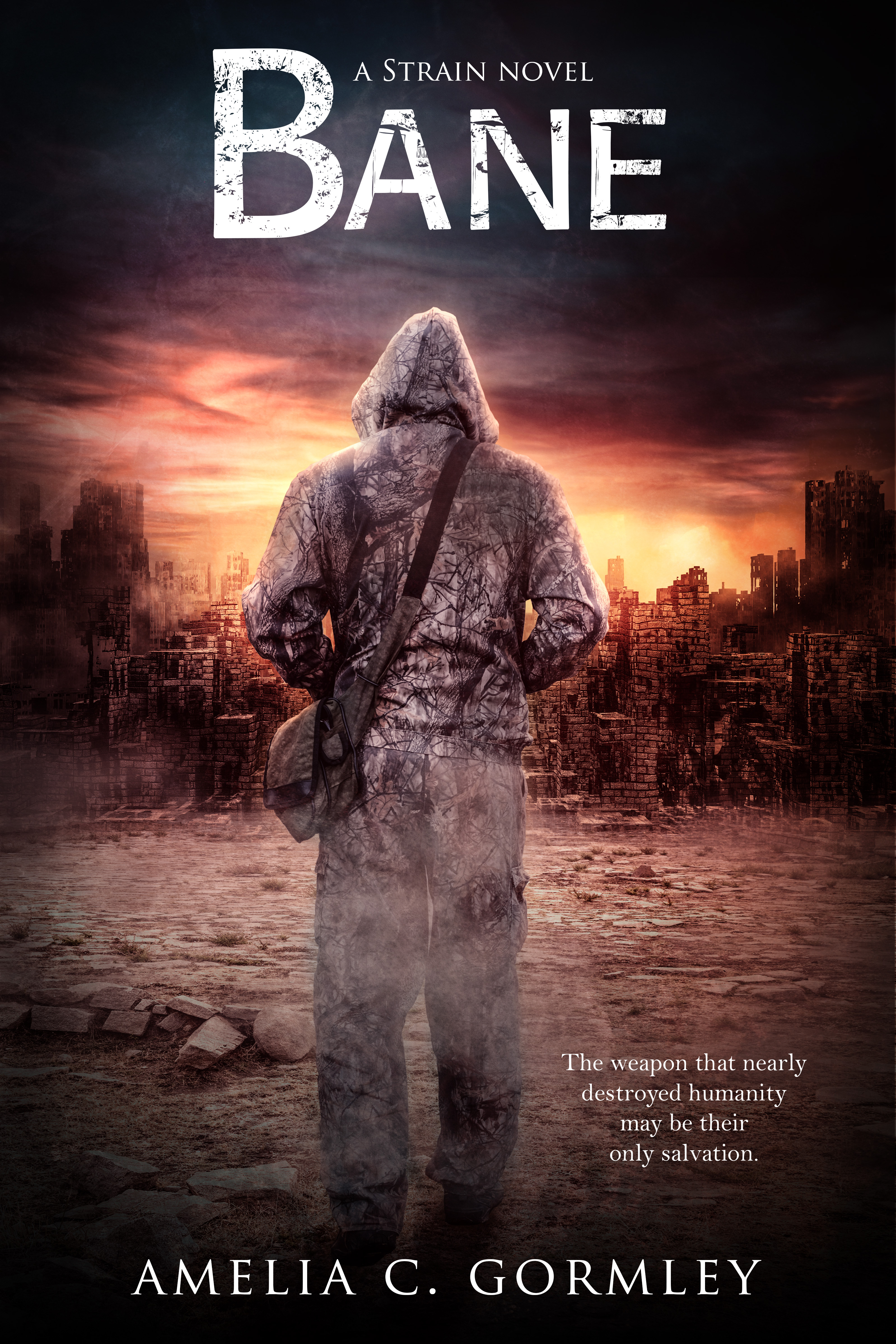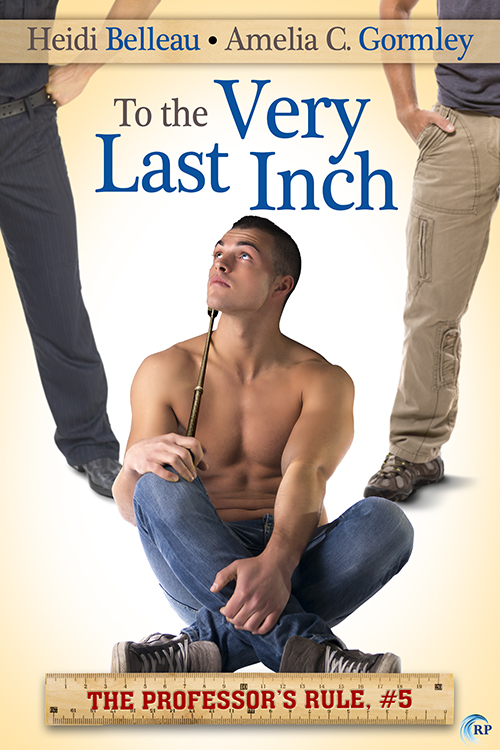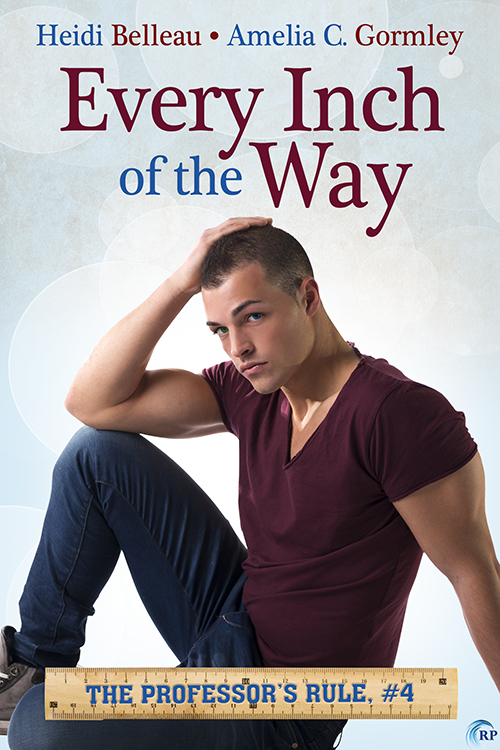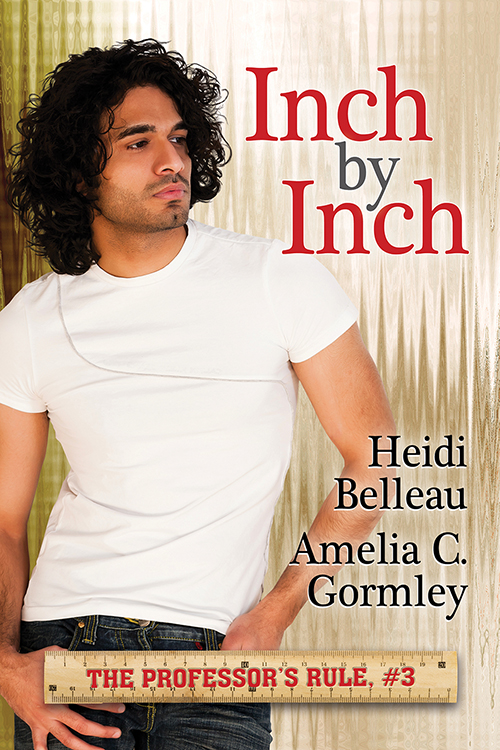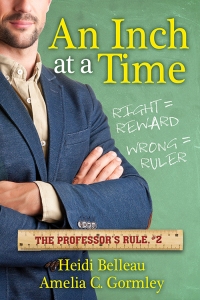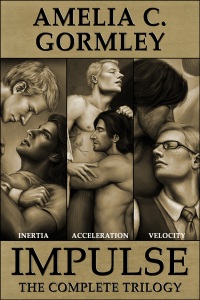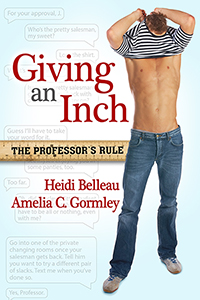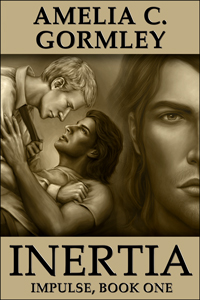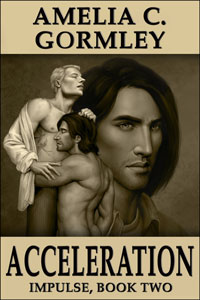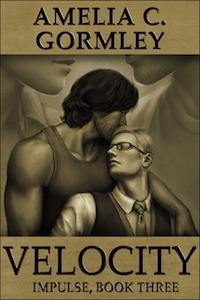If you followed me on Tumblr you know that a pet peeve of mine lately has been progressives using ableist language when making their points. You would also know that several times recently, I’ve had to deliberately counter leftist misinformation that makes its way across my dash.
And if you have read Player vs. Player or even skimmed the book jacket, you can probably guess that the GamerGate debacle is something I take very seriously, though that book was finalized before #GamerGate became a thing.
Would it surprise you to know that #GamerGate is a movement comprised of a significant number of left-leaning and leftist libertarian people?
Seen in that light, it makes a certain amount of sense that a great deal of #GamerGate’s rhetoric (even when they’re not maliciously harassing people) defaults to the use of ableist language.
I admit, the last election cycle, I was not aware of the left’s frequent reliance on ableist language. In the years since, I’ve had my eyes opened to a lot of things I hadn’t seen before, and perhaps that’s resulted in a sort of hypersensitivity to it. Mostly, it’s that I find myself time and again having to choose NOT to share articles, opinion pieces, and memes that otherwise make very valid points because of the use of ableist language. Progressives have no problem dismissing right-winger’s as “idiots” and call right-wing ideas “crazy,” “insane,” “lame,” and “stupid.” For a group of people who pride themselves on their open-minded ideas, the left has been extremely reluctant to stop using this language.
Now, of course, we see that a significant chunk of leftist #GamerGaters call themselves libertarians, which is a whole other kettle of fish from actually being progressive. Libertarians are, on the whole, people who like to pat themselves on the back for being tolerant enough not to care about things other people do that don’t personally affect them-such as having abortions or marrying someone of the same sex-but don’t see any reason why they should give up their racism, sexism, classism, transphobia and ableism. They’re conservatives who are minimally self-aware enough to want to avoid the shame of being blatant bigots, but they don’t actually want anything to change, so attempt to slip their bigotry in under the radar with a self-congratulatory veneer of open-mindedness. So there’s that.
When confronted by someone who points out this disconnect, the illusion evaporates and they quickly default to blatant racism, misogyny, homophobia, transphobia, and ableism, however. Which is #GamerGate in a nutshell. It’s a bunch of misogynists railing against the notion of change (specifically in the gaming industry and geek culture) while claiming they’re left-leaning because they generously permit women to have abortions. Meanwhile they spew a bunch of sexist vitriol, death threats, rape threats, sexual harassment, gendered slurs, and even deliberately organized campaigns to try to trigger dysphoria in at-risk trans people in an attempt to induce them to commit suicide.
Thus it would be really easy to dismiss them under the “no true Scotsman” fallacy, and give the rest of the left a pass on their more discreet forms of ableism. #GamerGate thinks nothing of using the r-word against people they disagree with-which for the rest of the left is just Going Too Far (though it wouldn’t be if, of all people, Sarah Palin hadn’t pointed it out very publicly-while unironically using the term “lamestream media.”) The r-word is basically a slur so offensive that the rest of the left won’t touch it. Instead, they default to more socially acceptable variations on the theme like “idiotic” and “insane.”
But here’s the thing. The right is neither idiotic nor insane. What they are is a group of people who are lacking in critical thinking skills.
That’s not a congenital deficit (unless it actually is, when taking into consideration people who are severely learning or developmentally disabled.) Critical thinking skills are something that are learned in the course of a well-rounded education, and thus can be acquired by anyone (except for those who literally lack the faculties to acquire them due to the aforementioned disabilities.)
And what we’ve seen for decades from the right-and this includes libertarians whose conceit is that they are “fiscally conservative but socially liberal”-is a concerted effort to deny people a well-rounded education.
They make a college education too expensive to afford without incurring enormous amounts of debt and then refuse to lower the interest rate on that debt.
They cut funding for educational programming on PBS, which poor families often rely on because they can’t afford cable. They cut funding for Head Start programs. They cut school budgets so that there are fewer teachers per student, and cut lunch and welfare programs that enable students to learn better because they’re not going hungry.
They construct curricula that neglect accurate and truthful education on the subjects of history and social studies and science. They are outright antipathetic to arts programs, despite the fact that scientific studies have repeatedly proven that children who receive arts education do better in most or all “core” subjects, particularly math, which then impacts the ability to learn science.
They continually, in ways both implicit and explicit, deride being educated or anything that smacks of “intellectualism,” dismissing it as being elitist.
It has repeatedly been demonstrated that educated people overwhelmingly tend to vote left. This is because educated people are people with sound critical thinking skills. They can look at the problems facing society, deconstruct what has created those problems, and promote rational, logical solutions that are backed by sound science. People without critical thinking skills tend to vote based upon emotion, scare tactics, and buzzwords, things that the right is very good at and relies on hugely in the absence of genuine solutions to our problems.
(Golly, that sure makes it look like the right’s attempts to prevent people receiving an education look like a well-choreographed, decades-long campaign to create a populace largely incapable of critical thought, doesn’t it?)
Which is why you get people outraged about Planned Parenthood is “selling baby parts” (which doesn’t happen) and then railing about their tax dollars paying for abortions (which also doesn’t happen.)
It’s why we can somehow pin all our fear of terrorist violence on Muslim people despite the fact that white American men are vastly more likely to carry out terrorist attacks on American citizens. It’s also why we can simultaneously scream to the high heavens that it’s unconstitutional to deny those white American men easy access to firearms but perfectly constitutional to detain, brutalize, and carry out invasive searches of Muslims and/or black Americans who have done nothing more illegal than buying an airline ticket or failing to obey a minor traffic law (if even that.)
It’s why people can convince themselves that a college-bound high school graduate who committed absolutely no crime is a “demonic” thug who deserved his own murder but the policeman who murdered him is a hero who deserves a million dollars in crowdfunding money.
It’s why the people who hold the vast majority of financial and political and media power in the US can unironically contend that they’re being oppressed because someone says “happy holidays” or suggests that they shouldn’t appropriate non-white cultures.
Which brings me the second subject I raised way up there in the first paragraph. In addition to the left’s not-so-subtle default to ableism, I’m seeing repeated instances of misinformation crossing my dash. Not nearly as many-or nearly as blatant-as the right, of course, but it’s very insidious.
Like this post from a couple days ago. A point of misinformation in the middle of an otherwise well-thought-out and factual argument is a rotten able that will taint the whole barrel.
Some may argue that, in a society that has deliberately been denied the ability to think critically, relying on appeals to emotion, buzzwords, and outrage generated on false premises-as opposed to accurately educating people about the issues-is the only way the left can win. But are we really still progressives if we do that?
TL;DR-if you pride yourself on being progressive but default to ableist language to further your agenda, you’re behaving no better than the sexist troglodytes of #GamerGate. And if you consider yourself progressive but you resort to tactics which bypass the requirement for critical thought (and would fail the test of critical thought if applied) you’re no better than FOX News.
Either way, knock it off.

